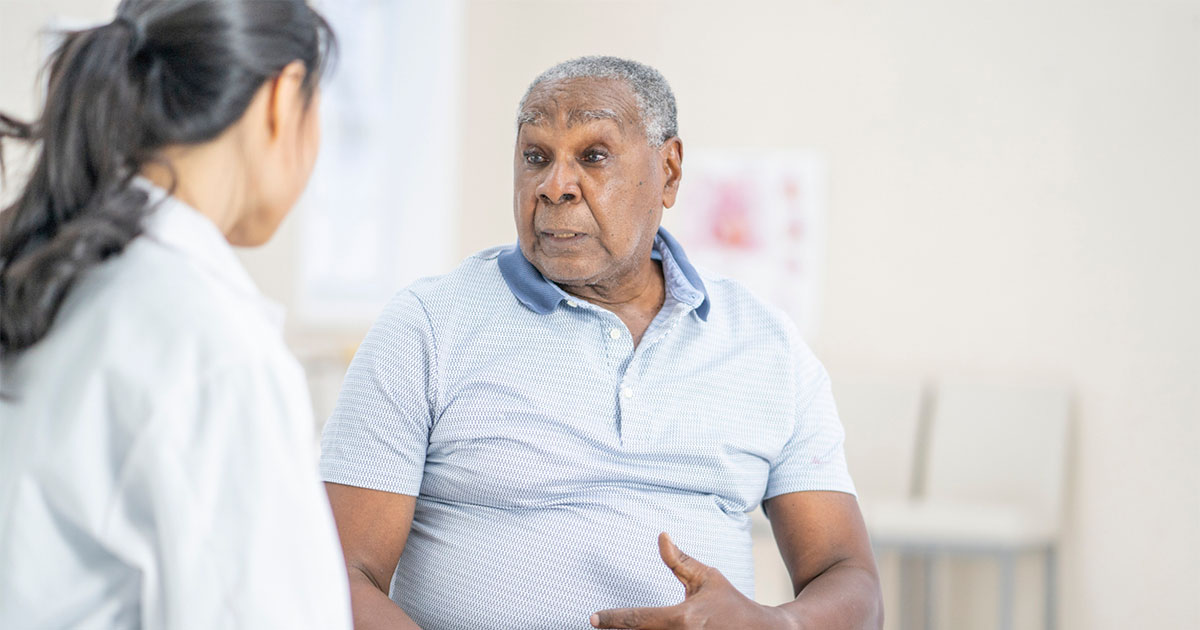Go on then, take a guess: who delivers better diabetes care, GPs or practice nurses? The answer could be important in the Brave New NHS.
GP commissioning consortia will be renamed clinical commissioning groups (CCGs) in England and their governing bodies must include at least one registered nurse (Bennett, 2011). This concession, after the “listening exercise” of at least one nurse, ensures that nurses will have an impact on integrated care and commissioning group plans. So says Viv Bennett, Deputy Chief Nursing Officer for England, in an article entitled “Nurses will be at the forefront of designing health services”, published recently (Bennett, 2011).
There will also be “clinical senates” where the government will enable doctors, nurses and other healthcare professionals to come together to give expert advice, which they expect CGCs to follow, on how to make patient care fit together seamlessly in each area of the country (Department of Health [DH], 2011a).
What with all this leadership, integration and management going on, its amazing that GPs will have any time to see people with diabetes at all! So it was with interest that I read the results of a randomised controlled trial from the Netherlands which sought to find out if diabetes management could be safely transferred to practice nurses (PNs) in a primary care setting (Houweling et al, 2011) – much the way care is delivered here already, you might feel. The authors’ conclusions were that practice nurses achieved results comparable to those achieved by a GP with respect to clinical parameters, and with better patient satisfaction. The authors concluded that diabetes management in primary care can, indeed, be safely transferred to practice nurses.
As in all cases, however, it is best to read the small print. Yes, it is potentially good news that at least one registered nurse will be included in CCG governing bodies but there is no such stipulation that they will be represented on the boards themselves. Clinical advice will be sought through networks and senates but who is going to fund the time for clinicians to participate? Who is going to fund their training?
Practice nurses in this Dutch study received training aimed at educating them to a level comparable to a GP. That included prescribing 14 types of medication and adjusting 30 more. They were trained on blood glucose control, blood pressure management, lipid profile regulation and eye and foot care. The training took 1 week. Two nurses in one health centre participated, with data from just over 200 patients. Participants in both the control group (GPs) and the intervention group (PNs) improved, with greater benefit in the nurses’ group – but who really did better? The GP or the PN? Reading between the lines, it is impossible to draw conclusions. I have not calculated the costs but the GPs spent a total of 28 minutes per patient during the study period of 14 months, whereas the PNs spent a total of 128 minutes. In these days of financial constraint, costs like these count.
I might draw a different conclusion from the authors of the report. I might see that providing a cohesive, flexible approach to consultations, rather than a tick-box annual review, would encourage people with diabetes to care better for themselves. More time for healthcare professionals to work with patients would be likely to improve outcomes. The greater input nurses have, the greater the benefit will be to all. More detail on funding for training will be available this autumn (DH, 2011b).





BPROAD study: Reducing systolic blood pressure to <120 mmHg versus <140 mmHg in people with type 2 diabetes reduces cardiovascular events.
3 Apr 2025